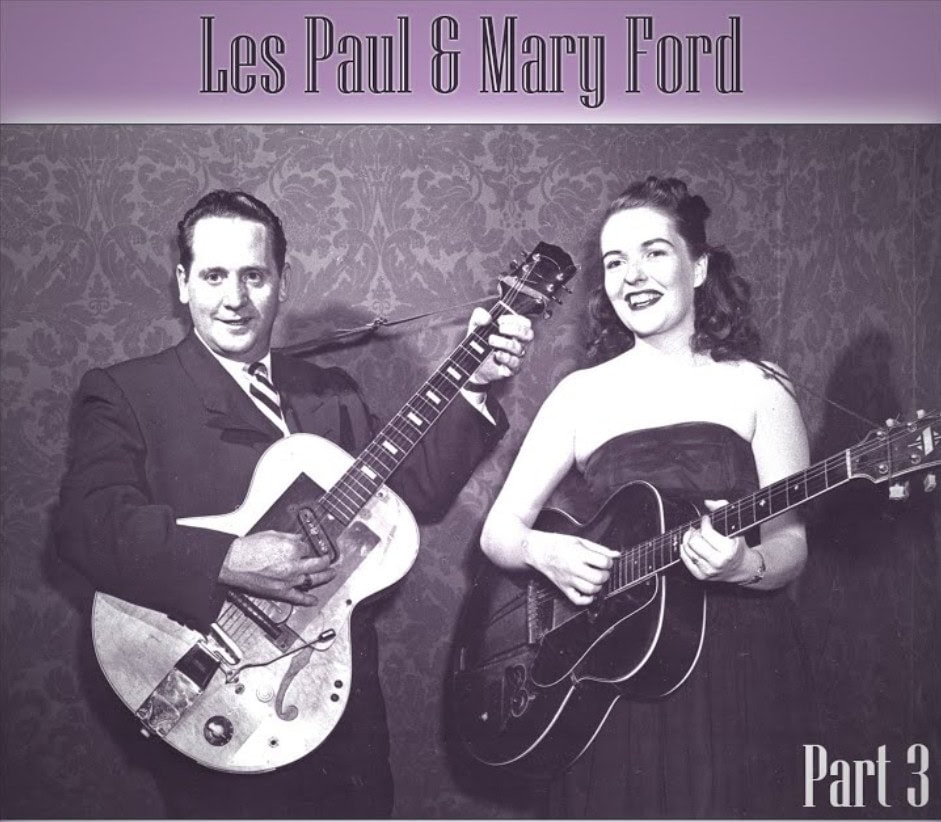
Lester William Polsfuss, better known as Les Paul (June 9, 1915 – August 12, 2009), was a trailblazer in the realms of jazz, country, and blues music. His extraordinary contributions to music and guitar innovation have left a lasting legacy that continues to influence musicians and guitarists around the world. Born in Waukesha, Wisconsin, Paul exhibited prodigious talent from a young age, teaching himself to play guitar, harmonica, and piano. By the time he was just thirteen, he was already performing semi-professionally, showcasing his skills on multiple instruments and honing his craft in various local venues.
Paul’s early experimentation with sound began with his inventive use of technology. At a young age, he wired a phonograph needle to his guitar, connecting it to a radio speaker to amplify his acoustic performances. His fascination with sound led to further innovations, including his creation of a neck-worn harmonica holder, allowing him to play the harmonica hands-free while performing on guitar and banjo. This hands-free design remains a standard accessory in music today.
Les Paul’s significant impact on music extends beyond his performances. He is perhaps best known for pioneering the solid-body electric guitar, a development that transformed modern music. His prototype, affectionately called “the Log,” laid the groundwork for the famous Gibson Les Paul guitar, a staple for countless musicians. Additionally, Paul’s innovative work with overdubbing, tape delay, phasing, and multitrack recording helped to shape the way music is produced. These recording techniques, which he developed in the 1950s, were groundbreaking and remain influential in the music industry.
Paul’s partnership with his wife, Mary Ford, was another highlight of his career. Together, they achieved immense commercial success, recording numerous hits and selling millions of records. His distinctive guitar licks, innovative fretting techniques, and impeccable timing not only set him apart from his contemporaries but also inspired a generation of guitarists and musicians.
Les Paul’s contributions have been recognized with numerous honors. He is one of the few artists to have a permanent exhibit at the Rock and Roll Hall of Fame, where he is celebrated as a key figure alongside other iconic innovators like Sam Phillips and Alan Freed. Uniquely, Paul is the only individual to be inducted into both the Rock and Roll Hall of Fame and the National Inventors Hall of Fame, underscoring his dual legacy as a pioneering musician and inventor.
Through his inventive spirit and musical brilliance, Les Paul has left an indelible mark on both the art of guitar playing and the technology of recording. His enduring influence continues to resonate, reminding us of his remarkable ability to push the boundaries of music and sound.
Video
Lyrics
[Verse]
The moon belongs to everyone
The best things in life are free
The stars belong to everyone
They gleam there for you and me
The flowers in spring, the robins that sing
Sunbeams that shine, they’re yours, they’re mine
And love can come to everyone
The best things in life are free[Guitar Solo: Les Paul]
[Verse]
Oh, the moon belongs to everyonе
The best things in life arе free
The stars belong to everyone
They gleam there for you and me
The flowers in spring, the robins that sing
The sunbeams that shine, they’re yours, they’re mine
And love can come to everyone
The best things in life are free[Outro]
Oh, the best things in life are free